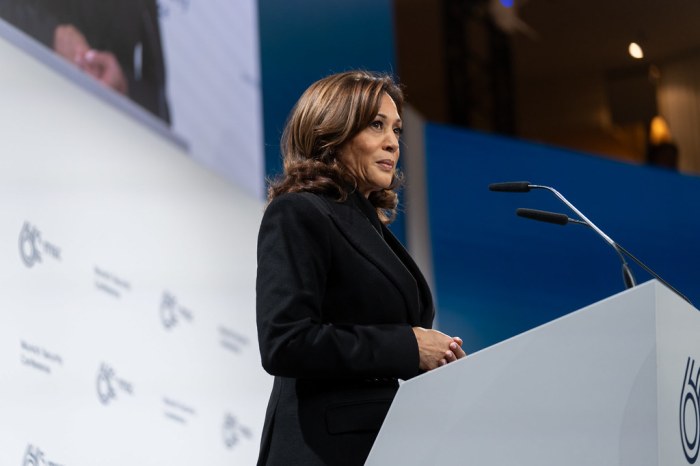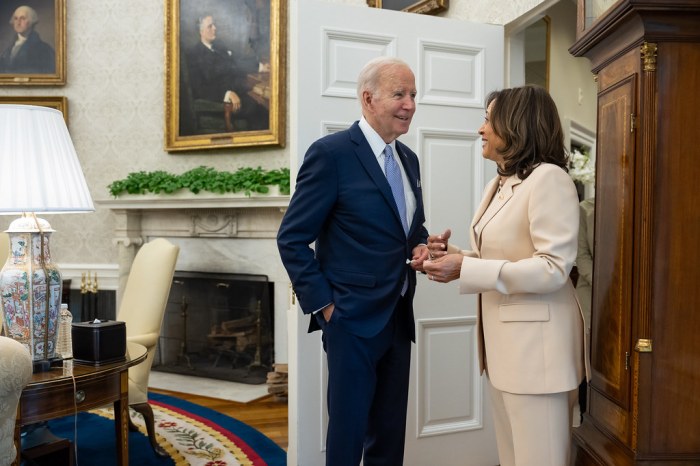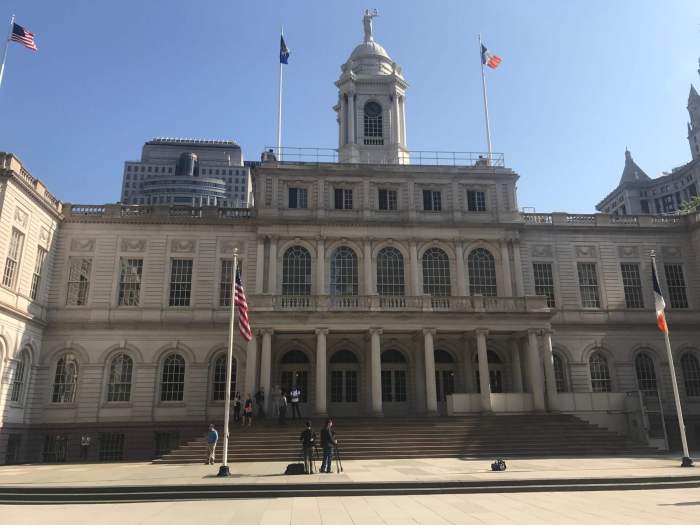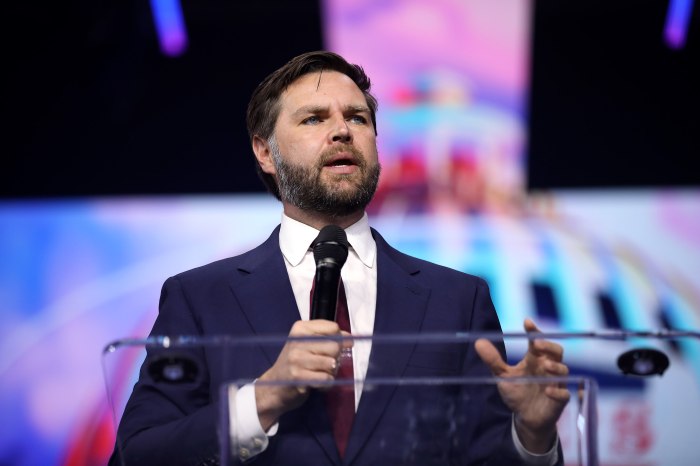Transgender rights flap just one tension between unions and leading LGBT rights group.
On two of his recent weekly radio shows, Joe Solmonese, president of the Human Rights Campaign (HRC), had guests on to talk about the US labor movement.
Solmonese could have interviewed Jeremy Bishop, executive director of Pride at Work, a gay union group affiliated with the AFL-CIO, or any of the senior openly gay or lesbian union members at the AFL-CIO or Change to Win, the nation's second union federation.
He chose Jenn Jannon, a field director at the AFL-CIO-affiliated Working America, who talked about her group's My Bad Boss contest, and Philip M. Dine, an author and reporter at the St. Louis Post-Dispatch, who spoke about the economy and labor's role in American politics.
While knowledgeable, Jannon and Dine represent organizations that are outside of the lesbian, gay, and transgender community, so Solmonese and his co-host Mary Breslauer avoided any talk about labor's relationship with HRC, the nation's largest gay lobbying group. That could have been an uncomfortable conversation.
“I would say that the labor movement does not have a solid relationship with the Human Rights Campaign, that we are still hoping to build a better connection,” said Jo Deutsch, associate director of the legislative and political action department at the United Food and Commercial Workers International Union (UFCW), when asked about labor and HRC.
And how does Deutsch characterize labor's relationship with the gay and lesbian movement generally?
“With the gay movement, in general, I think that there is hope through some organizations that a connection has been made,” Deutsch said.
The UFCW is one of seven unions that broke away from the AFL-CIO in 2005 and formed Change to Win. Collectively, that new federation has six million members.
A major issue is the Employee Free Choice Act, federal legislation that would make union organizing easier and is central to labor's political agenda.
At a meeting with Solmonese last November, union representatives asked that HRC endorse the act, that the group put union representation on its board, and that it open its doors to more union input, according to union members who attended.
“Here we are almost a year later after that meeting and we still have no endorsement of the Employee Free Choice Act from HRC,” said Shane Larson, director of government affairs at the Association of Flight Attendants-CWA, which is one of 56 unions in the 10.5 million-member AFL-CIO. “It seems like we get a lot of lip service in meetings from HRC… They sure come knocking on our door when they want money for their annual dinners.”
Eight other gay, lesbian, and transgender groups have backed the Free Choice Act, including the National Gay and Lesbian Task Force, Pride at Work, the National Stonewall Democrats, and the Empire State Pride Agenda, New York's gay lobbying group.
“I would say that some of the organizations in the LGBT movement understand the importance of coalition work and we look forward to having a similar relationship with HRC,” said Pride at Work's Bishop.
The state of that relationship is more than academic. While the political clout of unions has declined as union membership has fallen since the 70s, organized labor remains powerful and an important and consistent ally of the lesbian, gay, bisexual, and transgender community.
HRC has not moved on the other requests made at that meeting other than to invite one union member to join its board, Bishop said. That member declined.
Last year's battle to pass the Employment Non-Discrimination Act (ENDA) in the House also created strain.
“We had a very good relationship before the ENDA dust up on the Hill,” Bishop said. “Labor put a lot of energy into getting support for an inclusive bill… That brought some tension, but I don't think anyone in the labor movement believes that tension can't be dealt with and we can't move forward.”
While that bill, which bars job discrimination based on sexual orientation, passed in the House by a vote of 235 to 184, more than 350 gay and civil rights groups, including Pride at Work, opposed it after job protections for transgendered people were stripped out.
This past June, the San Francisco Labor Council, a body of union locals with 350 delegates, voted to boycott an HRC fundraiser in that city the following month because of the ENDA fight.
“Pride at Work representatives addressed our delegates meeting,” said Tim Paulson, the council's executive director. “By unanimous vote, the labor council had a position that they would boycott the dinner.”
What is not clear is if this tension has moved beyond the ranks of gay and lesbian union members, though those individuals do hold some sway in their unions.
“A lot of the rest of labor looks to us, those of us who are out labor members and out labor activists, for guidance on this especially with the formalization of Pride at Work,” Larson said.
Nor is the view unanimous that the relationship is in any way troubled. Skip Roberts, associate director of government affairs at Service Employees International (SEIU), said any scrap was usual among friends.
“We are in all sorts of coalitions and there is always all sorts of elbowing going on,” Roberts said. “I think it's part of the normal course of business.”
Roughly 80 HRC staffers are represented by SEIU.
“My understanding is that there has always been a fairly decent relationship with the employer there,” Roberts said. “On the political side, generally, we probably overlap and agree on 90 percent of our endorsements, maybe 95 percent… We always contribute the maximum, $5,000, to their PAC.”
In a long email statement, Brad Luna, an HRC spokesman, pointed to a number of instances where HRC and labor have worked together, including on ENDA.
After the transgender protections were removed, “key labor unions took the same position as HRC in urging members to vote in favor of the sexual orientation only ENDA when it came to a vote in the House,” Luna wrote.
Luna noted that the AFL-CIO and SEIU are sponsors of HRC's annual National Dinner slated for October in Washington, DC.
“I think it is important to state up front that we have a strong working relationship with organized labor,” Luna wrote. “[W]e work regularly in coalition with labor on a host of issues including civil rights, immigration, disability, judicial nominations, workplace protections, employee benefits, health care, and others.”



































